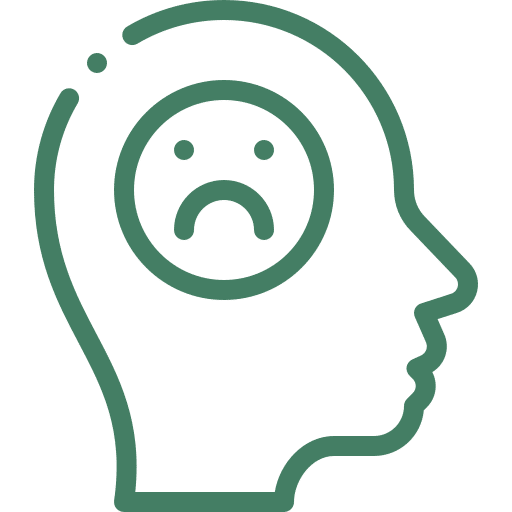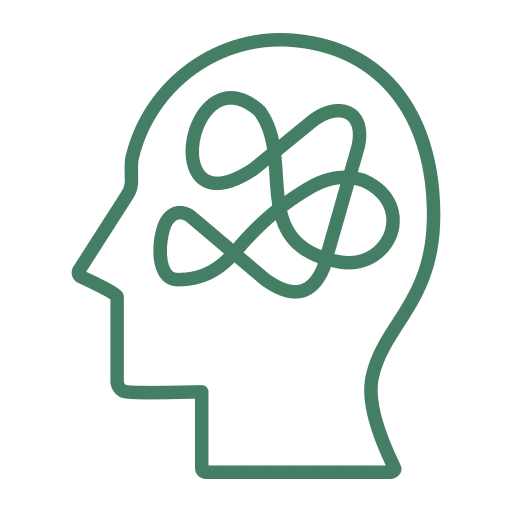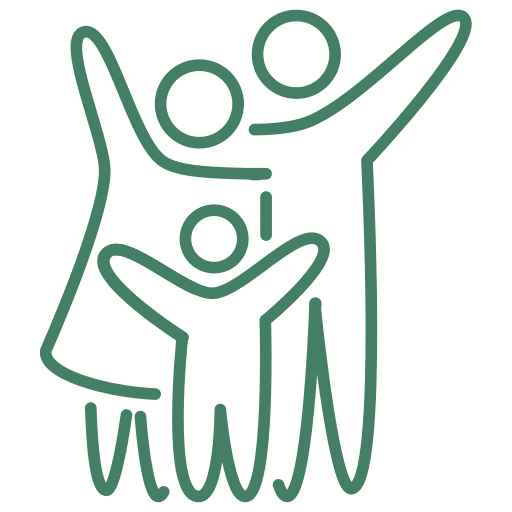Colorado Mental Health Treatment Center
At Mountain Springs Recovery, we understand the intricate nature of mental health and the unique challenges individuals face. Our mission is to provide a comprehensive range of services to support individuals on their journey to mental health renewal. Our dedicated team of professionals is committed to creating a therapeutic environment where healing and transformation can unfold.
Disorders We Treat

Anxiety Disorders
Experience relief from the burden of anxiety through personalized treatment plans designed to address your unique triggers and symptoms.

Bipolar Disorder
Receive specialized care for bipolar disorder, integrating evidence-based therapies and medication management for mood stabilization.

PTSD (Post-Traumatic Stress Disorder)
Find solace and healing from traumatic experiences with trauma-informed care and evidence-based treatments.

Co-Dependency
Break free from unhealthy patterns in relationships through targeted therapies focused on fostering independence and self-worth.

Major Depressive Disorders
Explore effective interventions and coping strategies to manage major depressive disorders and rediscover joy in life.

Mood Disorders
Receive personalized care for various mood disorders, tailored to address the complexities of your emotional well-being.

Co-Occurring Disorders
Address the intersection of multiple disorders with integrated and holistic treatment approaches for comprehensive healing.

Complex Trauma
Navigate the journey to recovery from complex trauma with specialized therapeutic interventions and trauma-informed care.
Our Treatment Approaches

Yoga
Embark on a holistic approach to mental health through yoga, promoting physical, mental, and emotional well-being.

Individual Therapy
Engage in confidential and personalized one-on-one therapy sessions tailored to your unique needs and challenges.

Group Therapy
Connect with others on a similar journey in supportive group therapy settings, fostering shared understanding and encouragement.

Family Therapy
Involve your loved ones in the healing process through family therapy, building a strong support system for lasting recovery.

Experiential Therapies
Explore innovative therapies, providing alternative avenues for self-discovery and healing.

Your Path to Mental Health Renewal Starts Here
Embark on your path to mental health renewal with Mountain Springs Recovery. Our compassionate team is here to guide you through every step of the recovery process. Whether you are grappling with anxiety, bipolar disorder, PTSD, co-dependency, major depressive disorders, mood disorders, co-occurring disorders, or complex trauma, our comprehensive approach ensures that you receive the support you need.
Contact us today to schedule a consultation and take the first step toward a life of serenity and renewed mental well-being.
